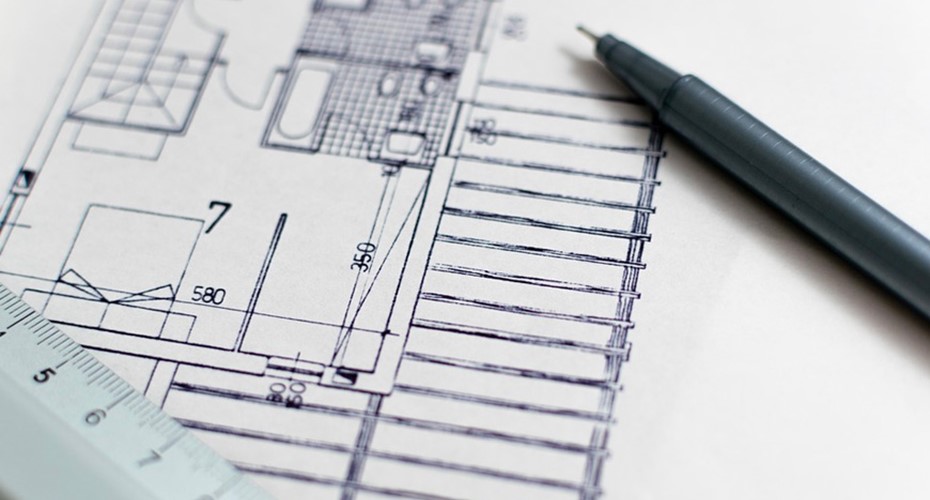What you need to know about buying off plan


Post by John Bolton - Squirrel Founder
Buying off plan requires a small leap of faith. You're buying something sight unseen with a few artist impressions and written specifications to fill the void. The benefit is that they are often better value-for-money and you don't need to fight it out each week at auctions. The challenge is getting your head around what you're buying.
The Contract
- Typically you will need to pay a 10% deposit. It may only be a token deposit upfront but the 10% will come around soon enough, basically once the developer has their consents and enough pre-sales to commence.
- The deposit should be paid into a Solicitor's Trust account and stay there until settlement. Settlement will be once a Code Compliance Certificate is issued once the development is built.
- The S&P Agreement will have special conditions around the developer's ability to get resource consent and get development funding by a certain date. There will also be a sunset clause at which time if the development is not finished the buyer can pull out.
- Unlike a traditional build contract where the buyer is involved in all building decisions. with a development you are buying the end product. Developers therefore need to maintain control of the build process and have the flexibility to make decisions. For example the contract will always give the Developer the ability to alter the floor plan by up to 5% during build.
- There is a leaky stigma associated with medium and high density developments that is a hangover from the 1990s. Any new development must comply with the new building code. Builders are licensed and carry 10 years liability for their workmanship.
- Your pre-approval will expire before the development finishes and will need to be reviewed. Make sure you have a robust approval in place and are confident it can be renewed should criteria change. I think it is very important when buying off plan to use a mortgage broker as they can keep abreast of credit policy changes and have multiple financing options. Banks have very different approaches to mortgages on developments.
The Area
- Make sure there is enough car parking or that you have good access to public transport. Typically there won't be as much parking with new developments close to the city. They will tend to favour people who use public transport.
- Also look at the location and the neighbouring streets. What is the price point relative to other properties in the area? You want to make sure you are not buying the best house on the worst street. Does the area have a community feel? Sometimes developments are built on old commercial / industrial land and miss that sense of community.
- What will the other buyers be like? Will the properties be mostly owned by investors and therefore rentals or will there be a lot of owner-occupied units? Will there be similar people to yourself? What is happening in the local area like cafes, facilities, parks etc.
- Councils tend to be far more focused on urban design and the quality of most developments now is very high and well thought out.
The Developer
- Be wary if the developer doesn't own the land and hasn't yet got a consent. With the exception of apartment developers, that typically means they don't have much capital.
- If your deposit is held in Trust you won't lose anything if the developer goes bust.
- The biggest risk with developers, is delays. Delays can be caused by ground conditions, contractors and finance. The developer doesn't have to settle on time and you'll be stuck in the contract for up to 18 months.
Summary
I have no issue with the quality of modern developments, the key is where they are built. It is unavoidable that most new developments will be on fringe or marginal land. Focus on the quality of the product, its location, and the people that are buying into it. Is it an area that is progressing? Will the development foster a small sense of community? Get your life and health insurances sorted at the same time so you're covered if something goes wrong prior to settling on the new property. Make sure you use a lawyer that understands development sale and purchase agreements - they are different. Your lawyer should know all of the shortfalls.
Receive updates on the housing market, interest rates and the economy. No spam, we promise.
The opinions expressed in this article should not be taken as financial advice, or a recommendation of any financial product. Squirrel shall not be liable or responsible for any information, omissions, or errors present. Any commentary provided are the personal views of the author and are not necessarily representative of the views and opinions of Squirrel. We recommend seeking professional investment and/or mortgage advice before taking any action.
To view our disclosure statements and other legal information, please visit our Legal Agreements page here.

